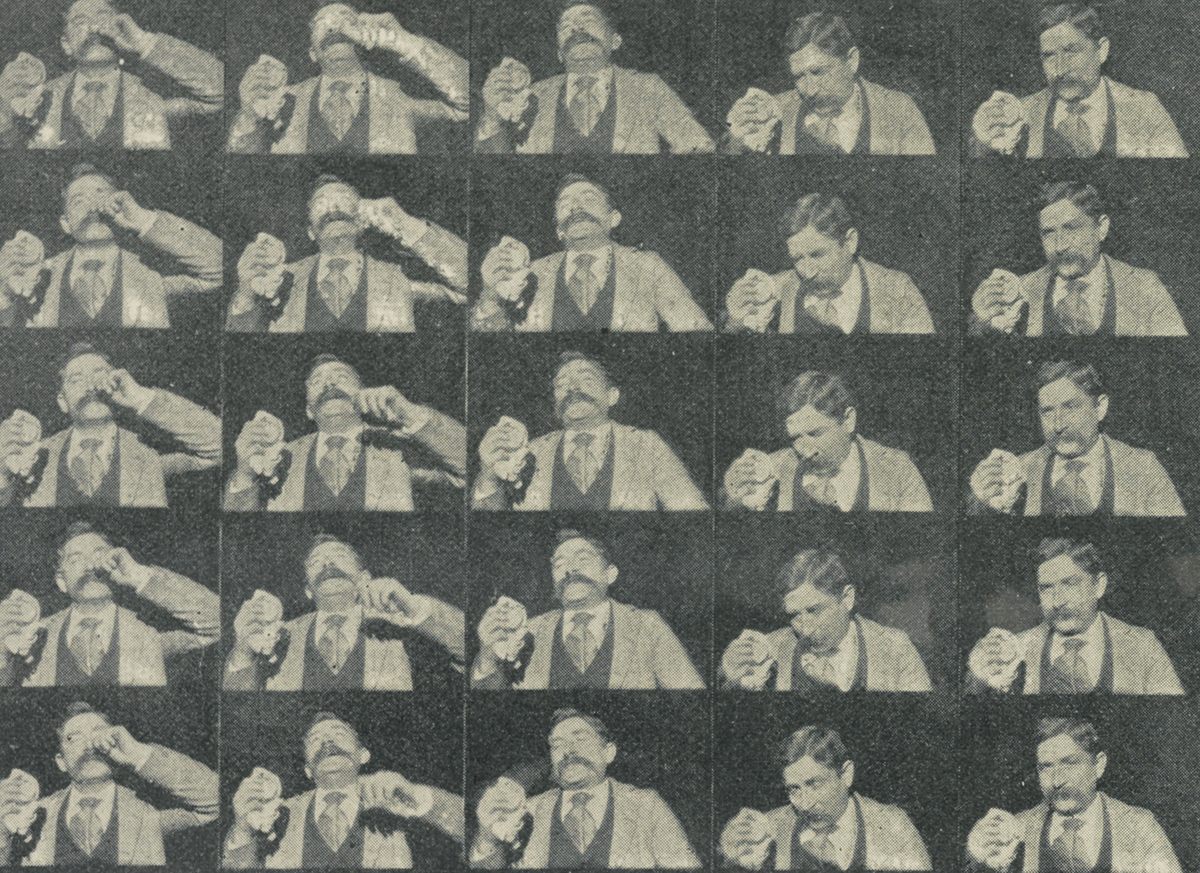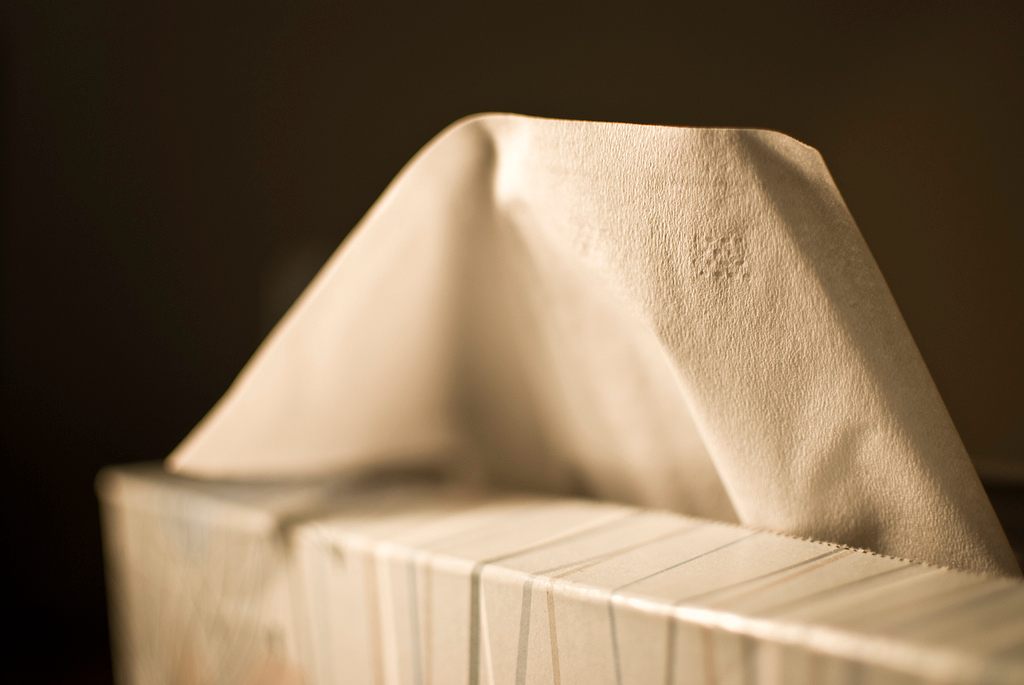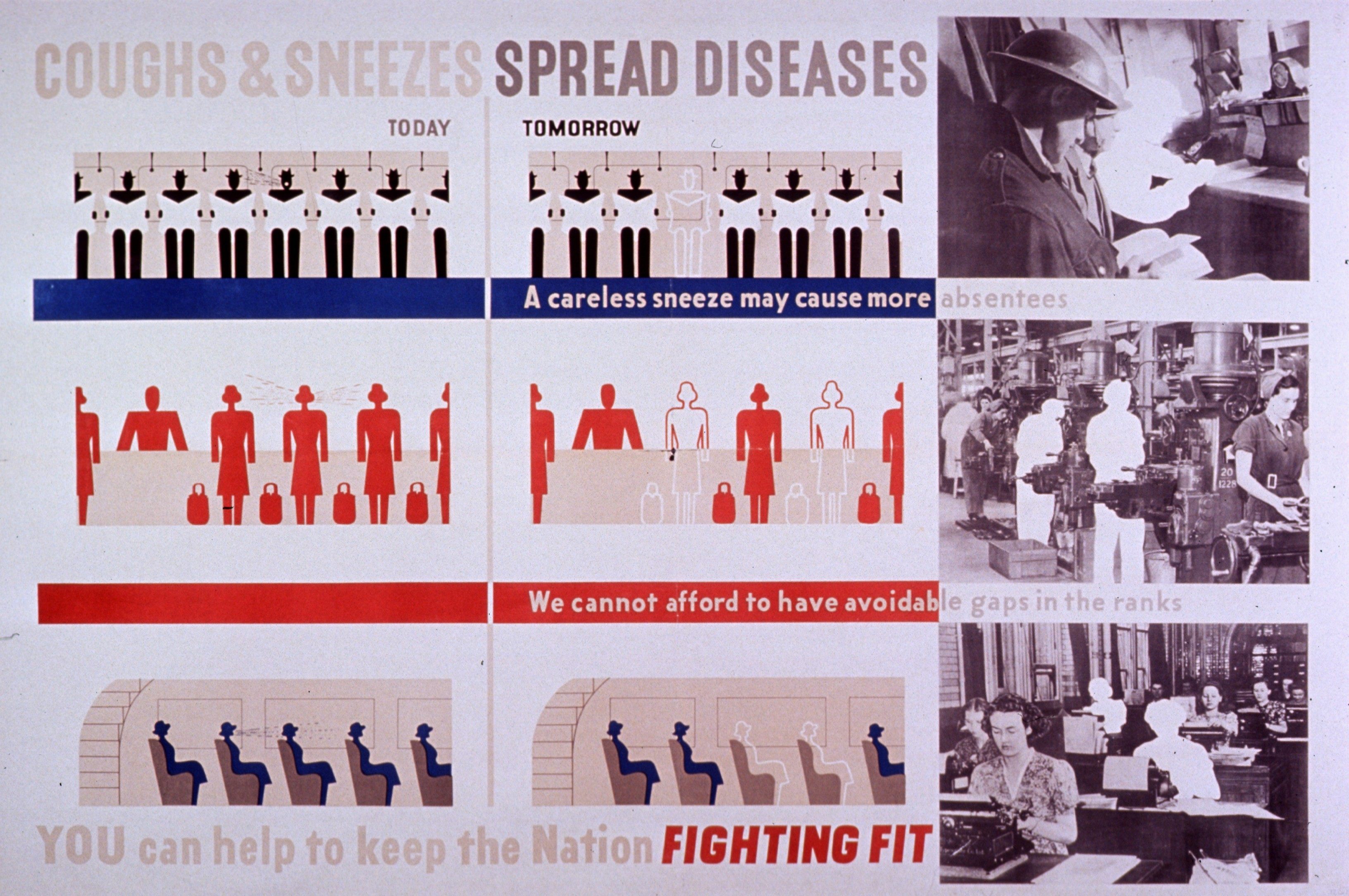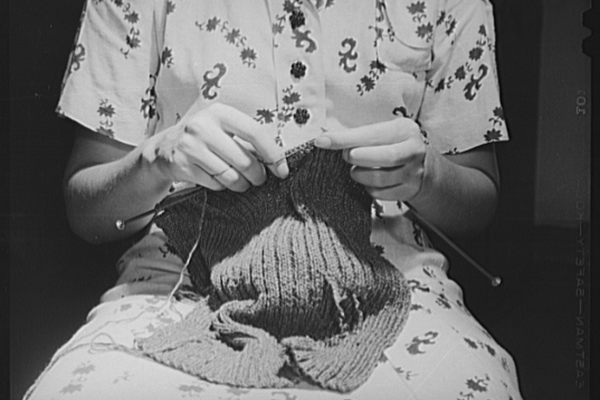Some Delightful Alternatives to the Post-Sneeze ‘Bless You’
To sneeze is human, to respond “Go away, kitten” is divine.

Throughout the atheist corners of the internet, there are attempts to deal with one of the most involuntary and pervasive intrusions of religion into social interactions. What do you say when someone sneezes, if not “God bless you?”
Perhaps even more odd than the actual phrase is the impulse to say anything at all. There is no universal response to the other instances of bodily expulsion of air (cough, burp, fart). And yet around the world there are similar sneeze responses. Typically these come in one of two forms: either an invocation of God, or a reference to one’s health.
There are multiple explanations for why so many cultures offer an instinctive response to a sneeze, none of which are particularly compelling. A common story holds that around 750, the pope Gregory I believed that a sneeze was an early sign of contraction of the bubonic plague. Saying “God bless you” was a sort of deathbed prayer: may God see your worth and help you, because you’re definitely about to die. This also ties in with the “to your health” variations; it’s all based on noting the very bad omen that is a sneeze, and attempting to avert it. Have good health! Because you’re definitely at a high risk of imminent death.
But in fact there are many earlier mentions of some sort of blessing immediately post-sneeze. In A Dictionary of Superstitions, a wonderful compendium of all things spooky, authors Iona Opie and Moira Tatem find the earliest mentions in Pliny’s Natural History, circa 77. That excerpt: “Why is it that we salute a person when he sneezes, an observation which Tiberius Caesar, they say, the most unsociable of men, as we all know, used to exact, when riding in his chariot even?” Even then, the ever-wise Pliny was unsure why sneezing deserved any kind of special interaction, and the fact that he’s even wondering means that this tradition was well-established by the time of his writing.

We can go back even farther. In Xenophon’s Anabasis, an adventure narrative composed around 370 BC, we have a very important sneeze. The quote, found by ancient Greece expert Brice C. Jones:
“As he was saying this a man sneezed [πτάρνυταί], and when the soldiers heard it, they all with one impulse made obeisance to the god; And Xenophon said, ‘I move, gentlemen, since at the moment when we were talking about deliverance, an omen [οἰωνὸς] from Zeus the Saviour was revealed to us....’”
Jones sees this as an example of the Greek belief that the gods were responsible for all things on Earth, but especially those things which could not be controlled by humans. A sneeze is an involuntary explosion, something a person cannot bottle up—a true example of the touch of the gods.
What’s weird is that the two most common ways to respond to a sneeze—either “bless you” or “to your health”—are both totally ambiguous. Does this response mean that some deity has blessed the sneezer (good!) or that the sneezer is in need of divine intervention (bad!)? Does “to your health” mean that the sneeze is an indicator of good health or bad health? They both go both ways, which has the overall effect, I think, of nullifying them. They become almost as involuntary and thoughtless as the sneeze itself.
One of the stranger responses is the second-most-popular in the United States: the German word gesundheit, which translates to “health.” This word appears to have gained steam as a sneeze response in the late 19th century, but at the same time it was used sort of cheekily as a borrowed word with its literal translation, the same way you might say gracias or salud. In the case of gesundheit, there are excerpts from newspapers using phrases like “wishing her gesundheit”: not in response to a sneeze, just as sort of a congratulatory thing, often as a toast over drinks.
The congratulatory use of gesundheit seems to have died out with the onset of World War I, with anti-German sentiment wiping out casual use of German words. It’s not at all clear how gesundheit came back; it’s possible it never really left. There are examples of the word used casually within a decade of World War II’s end. My own theory is that it’s a fun word to say.

As to global sneeze responses, in Arabic-speaking Muslim countries, sneezing is believed to be well-liked by the prophet Mohammed. (Yawning, not so much.) There are a few variations, some initiated by the sneezer and some not, but usually follow a pattern of “praise to Allah” and “may Allah have mercy on you,” that kind of thing.
In most of Eastern Europe, the response is a reference to health or long life. In most of East Asia, there is no response to sneezing.
In Iceland, Latin America, and some Jewish languages like Yiddish and Ladino, there are different responses for consecutive sneezes. The Icelandic response goes: “God help you,” followed by “strengthen you,” “and support.” In much of Latin America, the first sneeze earns a response of “health,” the second “money,” and the third “love.” In Yiddish, there are multiple responses, several of which are jokes or riffs on the serious responses; to someone sneezing three times in a row, you might say “to health, to life, to long years!” Or you might say, “to health, to life, to long hair!”
There are a few responses that seem to be used primarily with a sneezing child. In Serbia, sometimes a young sneezer will hear the response pis maco, which means “go away, kitten.” That comes, probably, from the onomatopoetic similarity between that phrase and the sound of a sneeze. It’d be as if an English speaker responded to a sneeze with “I choose!”
Vietnam generally does not bother with a sneeze response, but the Hanoi-based Vietnam Travel Blog does note that occasionally a child sneezing will receive the response cơm muối, meaning “rice with salt.” Vietnam Travel Blog says this is basically just a cure-all for a sick kid, the equivalent of chicken soup.
Sneezing unites the world; no matter who we are or where we live, foreign particles are likely to irritate our nasal mucous at some point, causing an involuntary expulsion of air. Saying “Bless you” is not the only response, thankfully, though you may have some explaining to do if you say “go away, kitten” in response to a sneeze.






Follow us on Twitter to get the latest on the world's hidden wonders.
Like us on Facebook to get the latest on the world's hidden wonders.
Follow us on Twitter Like us on Facebook